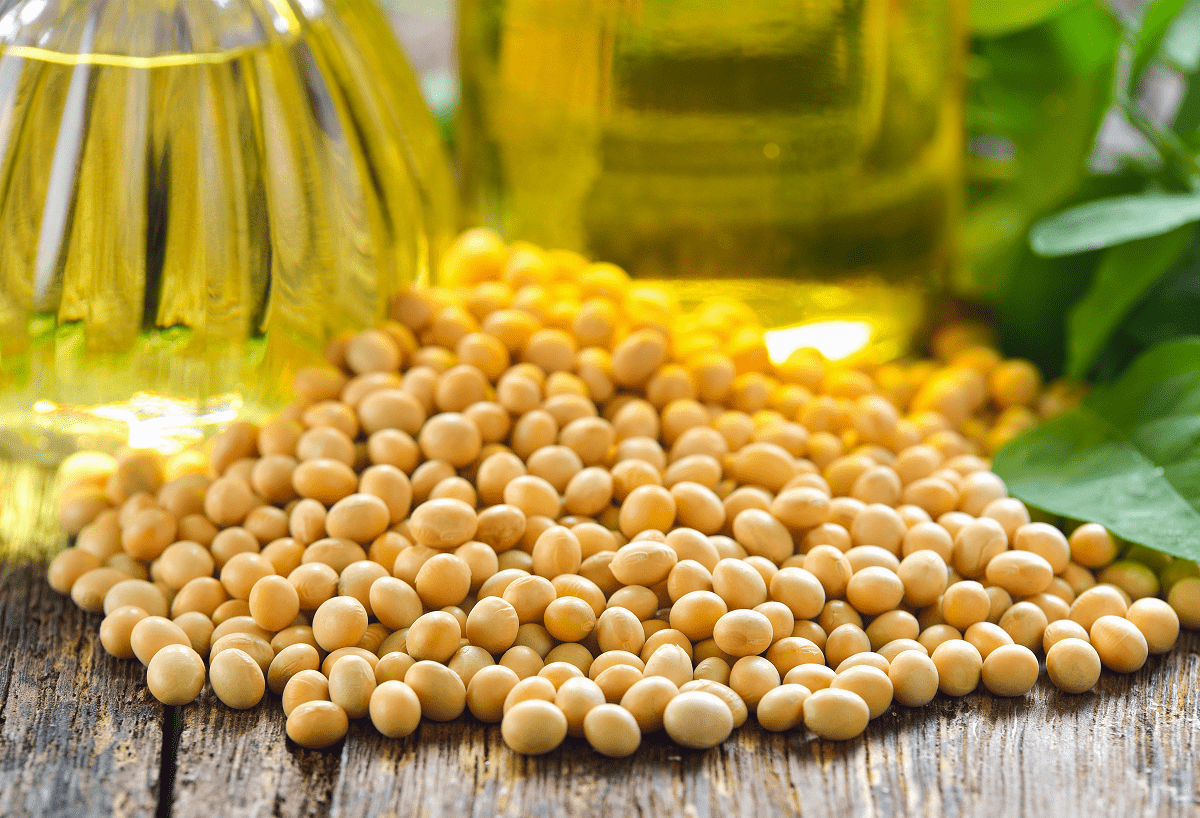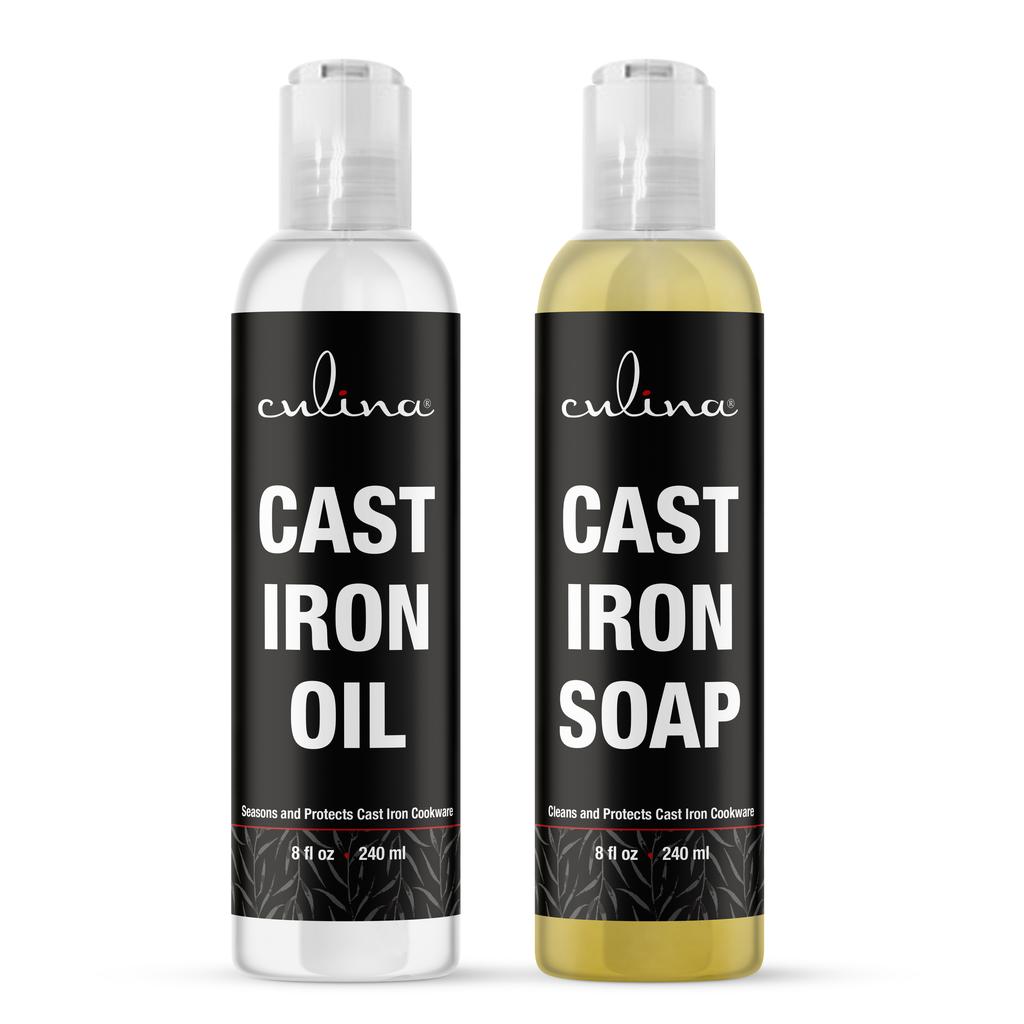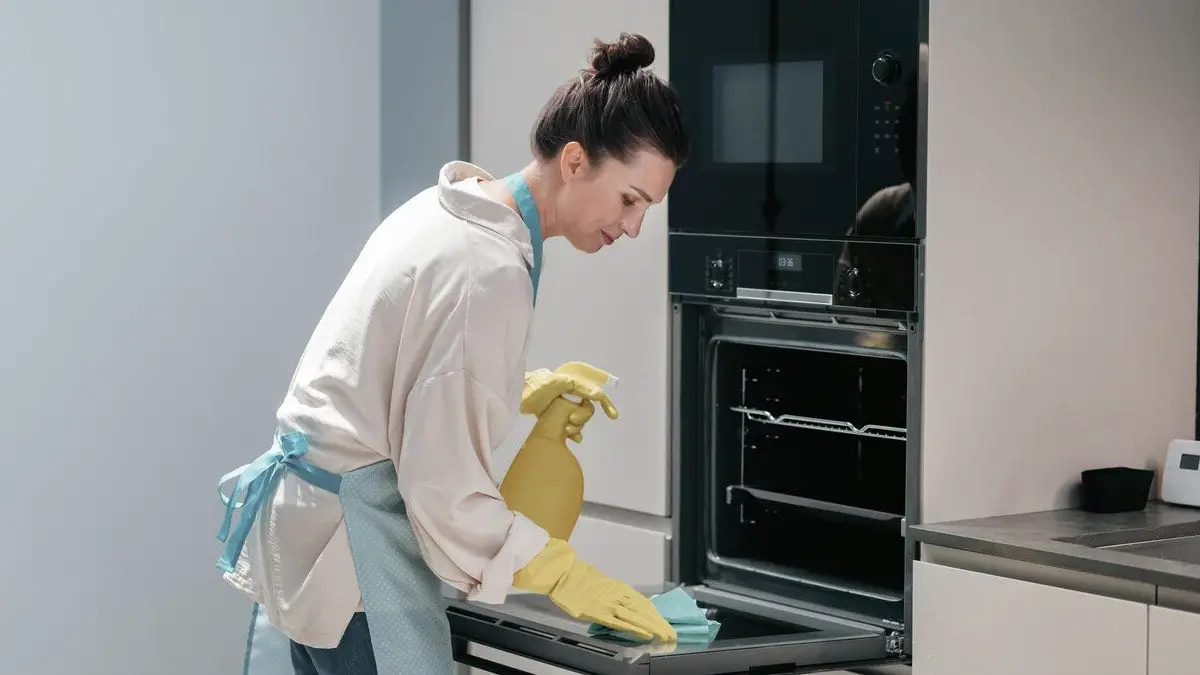How Often Should You Clean Your Kitchen Sink for Best Results?
When it comes to maintaining a pristine home, one crucial area that often gets overlooked by many, including beauticians, is the kitchen sink. As beauticians, we understand that cleanliness and hygiene are paramount, not only in our workplaces but also in our homes. This leads us to the important question: how often should you clean your kitchen sink? Let's dive into this topic, focusing on the methods and frequency required to keep your sink sparkling clean and safe for food preparation.

Understanding the Importance of a Clean Sink
A clean kitchen sink is essential not just for aesthetics but also for preventing the growth of bacteria and other pathogens. Since the sink is where we wash fruits and vegetables, fill pots, and perform other essential kitchen tasks, keeping it clean safeguards our health. Additionally, when entertaining guests, you certainly want your kitchen to reflect the same level of professionalism and cleanliness you uphold in your beauty practice.

Frequency of Cleaning: Daily vs. Weekly
The frequency of cleaning your kitchen sink can depend on various factors such as usage and your household's cooking habits. Heres a breakdown:
Daily Cleaning Routine
For households that cook regularly, it's advisable to clean the sink daily. This includes rinsing the sink after use and wiping it down with a mild soap or recipe-friendly cleaner. As a beautician, you likely appreciate the need for a thorough yet efficient routine, which can be applied to your kitchen sink as well.
Weekly Deep Cleaning
While daily maintenance is crucial, deep cleaning the kitchen sink once a week is equally important. This involves using stronger cleaners to combat hard water stains, soap scum, and food residues that regular cleaning misses. Make use of homemade cleaners like a mixture of vinegar and baking soda for a natural deep clean.

Tools and Cleaners for a Pristine Kitchen Sink
Equipping yourself with the right tools is essential for maintaining your kitchen sink. Consider having the following in your cleaning arsenal:
- Mild dish soap: Great for daily cleaning.
- Baking soda: Acts as a gentle abrasive.
- Vinegar: Effective for both stain removal and deodorizing.
- Soft sponges or cloths: Avoid scratching your sink surface.
- Old toothbrushes: Perfect for getting into tricky corners.

Specific Sink Material Considerations
Different sinks require different care regimes. For instance, how you clean a stainless steel sink differs from cleaning a porcelain one. If you have a porcelain kitchen sink, you might want to check out this helpful guide on cleaning porcelain sinks. Knowing the right methods ensures longevity and maintenance of your sinks integrity.
Signs that Indicate It's Time for a Clean
While regular maintenance is essential, there are also signs that indicate a need for immediate cleaning:
- Visible stains or discoloration.
- Unpleasant odors emanating from the sink.
- Standing water or buildup around the drain.
Creative Cleaning Techniques
Beauticians often have a knack for thinking outside the box, and this can apply to your kitchen cleaning as well. Here are a couple of creative tricks:
- Use lemon peels to deodorize the sink while scrubbing.
- Ice cubes for garbage disposal cleaningthrow them in while running the water.
Conclusion
So, how often should you clean your kitchen sink? The answer lies in your habits. Opt for a daily routine to wipe it down and set aside time for a weekly deep clean. By doing so, you not only facilitate a healthy kitchen environment but also a welcoming spacecrucial for a beauty professional like yourself.
For even more kitchen cleaning tips, check out this guide on cleaning a commercial kitchen. Additionally, if you need tips on cleaning other areas of your kitchen, head over to cleaning kitchen cabinet hinges or kitchen cleaning.
As an Amazon Associate, I earn from qualifying purchases.

